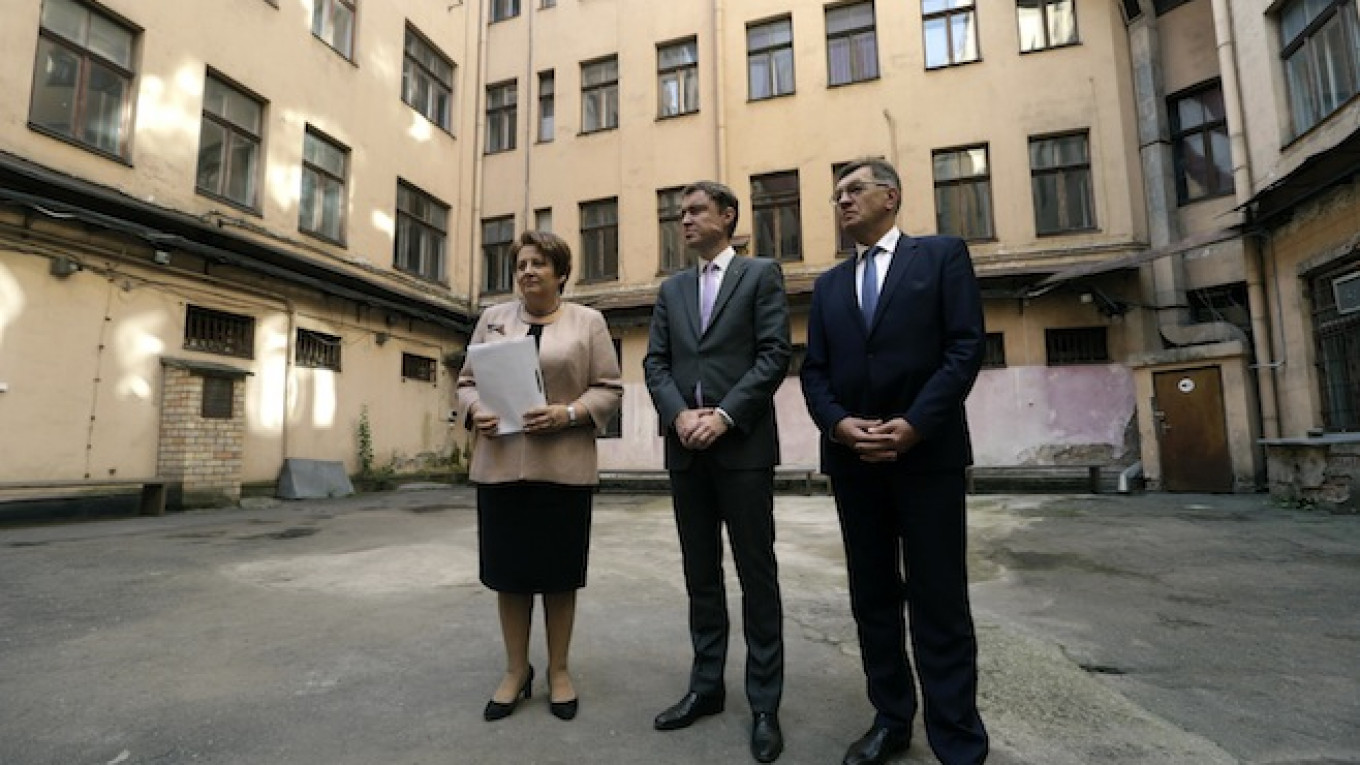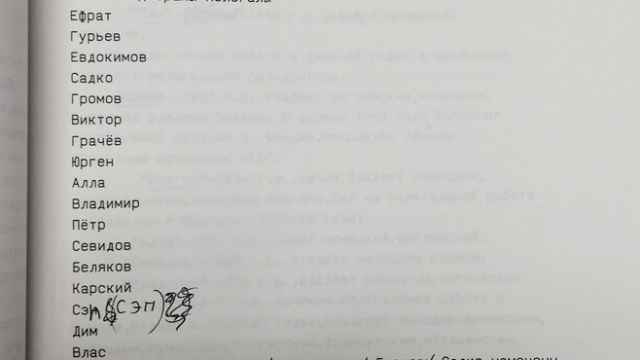Renovations at Latvia's Academy of Sciences have uncovered a secret "KGB room," where agents of the Soviet secret police could surreptitiously monitor visitors at a concert hall during conferences and performances, Latvian media reported.
The Stalin-era building in the capital, Riga, was being renovated after decades of disuse that followed the 1991 Soviet collapse, Latvia's Diena newspaper reported Wednesday.
"Renovating the hall, we found a very interesting object: a KGB room from which they [agents] could observe the entire auditorium," producer Juris Miller, who is in charge of the renovations, was quoted as saying.
Restorers plan to preserve the room and turn it into a museum, similar to DDR Museum in Berlin, to "expose" features of life under the Soviet regime, Miller told Diena.
The KGB room was at least the second secret found during renovations at the Academy of Sciences building. While restoring the molded ceiling of the concert hall, workers found a handwritten note left behind a panel by their Soviet-era predecessors.
The note, dated March 1955 and apparently planted during continued work on the building after Soviet dictator Josef Stalin's death in 1953, reads: "At a distance of one meter from the emblem, two half-liters [bottles] of Moscow vodka have been drunk, to mark the completion of work on the ceiling and the border."
The Soviet Union annexed Latvia in 1940, and then reclaimed control of the country again in 1944, following an interim period of occupation by Nazi Germany. The renovated concert hall will open to the public on Sept. 20, Diena reported.
A Message from The Moscow Times:
Dear readers,
We are facing unprecedented challenges. Russia's Prosecutor General's Office has designated The Moscow Times as an "undesirable" organization, criminalizing our work and putting our staff at risk of prosecution. This follows our earlier unjust labeling as a "foreign agent."
These actions are direct attempts to silence independent journalism in Russia. The authorities claim our work "discredits the decisions of the Russian leadership." We see things differently: we strive to provide accurate, unbiased reporting on Russia.
We, the journalists of The Moscow Times, refuse to be silenced. But to continue our work, we need your help.
Your support, no matter how small, makes a world of difference. If you can, please support us monthly starting from just $2. It's quick to set up, and every contribution makes a significant impact.
By supporting The Moscow Times, you're defending open, independent journalism in the face of repression. Thank you for standing with us.
Remind me later.






